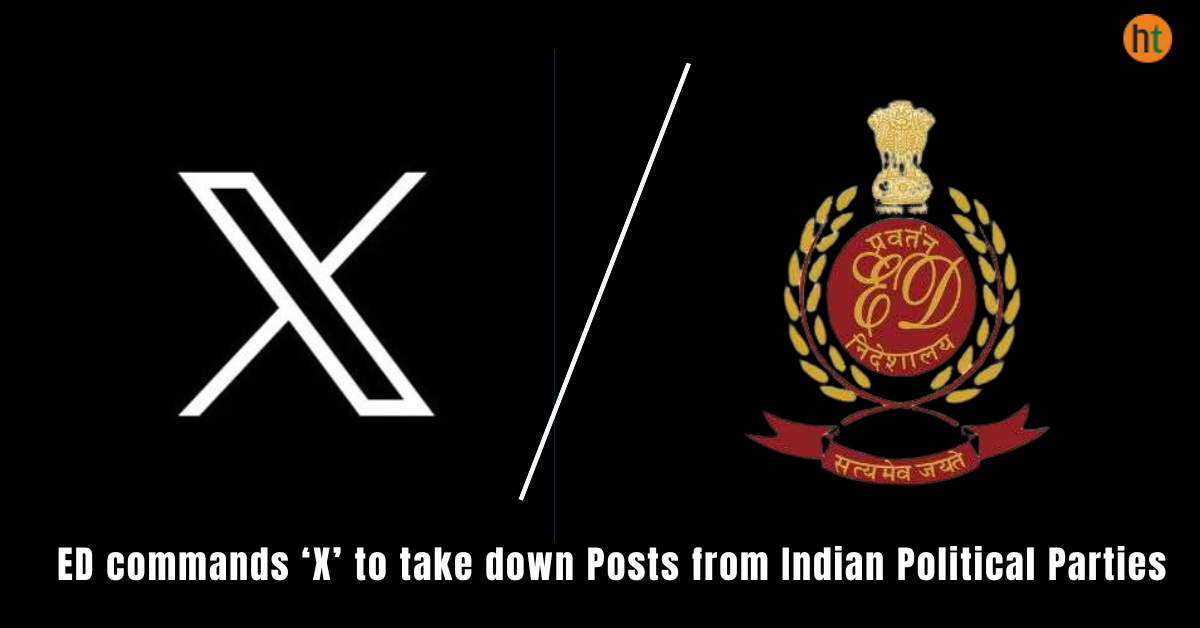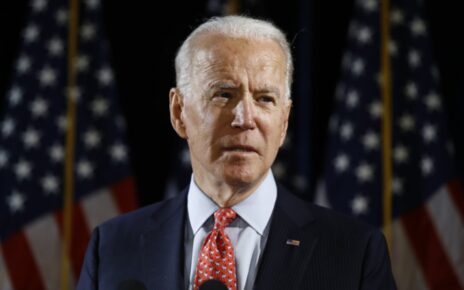The Election Commission of India (ECI) has taken a strong stand on maintaining an open voting process as the much awaited elections approach. In pursuit of this objective, the Commission has ordered social media X, formerly known as Twitter, to remove posts made by the leaders of prominent political parties. The order targeted 4 posts made by the leaders, sparking debates over freedom of expression and the role of social media in political discourse.
The EXC’s directive led to the removal of posts from leaders of the YSR Congress Party, the Telugu Desa, Party (TDP), the Aam Aadmi Party (AAP), and the Bhartiya Janta Party(BJP). However, X has taken a firm stance against the takedown orders, asserting that freedom of expression should encompass political speech, even when it involves criticism or contentious allegations.
X decided to publicly reveal the takedown orders, which is a change from its prior strategy of not regularly sharing such notices with the public since April 2023. The platform’s dedication to transparency and accountability is emphasized by this heightened openness, especially in light of government censorship initiatives.
Among the posts targeted by the EC’s orders, one from TDp leader N. Chandrababu Naidu drew attention for its allegation regarding the seizure of drugs at Vizag port. In the tweet, Naidu suggested that the Andhra Pradesh ruling party was involved in the purported event. Questions concerning the bounds of political expression and social media companies’ obligations to control potentially incendiary information are brought up by the removal of this post.
In a same vein, the AAP became embroiled in scandal after it was linked to the Enforcement Directorate’s (ED) arrest of an Aurobindo Pharma director and the subsequent acquisition of electoral bonds.
Another contentious post was made by Bihar Deputy Chief Minister and BJP member Samrat Choudhary, targeting Rashtriya Janata Dal(RJD) president Lalu Prasad. Choudhary’s remarks, suggest unethical practices in ticket distribution and reference to a personal medical procedure involving Prasad’s daughter. Sparked outrage and calls for accountability.
The EC justified its takedown by citing a prohibition on campaigners from targeting their rivals’ personal lives during political campaigns. However, critics argue that directives may stifle legitimate criticism and impede democratic discourse.
In response to the takedown orders, X has chosen to comply with the EC’s directive in India while making the post accessible from non-Indian internet connections. This nuanced approach reflects the platform’s commitment to balancing compliance with local regulations and preserving freedom of expression on a global scale.
Following these events, a number of stakeholders—including legislators, tech firms, and civil society & organizations—are probably going to have more conversations about how to resolve the conflict that arises in the digital era between fundamental rights and regulatory compliance. The results of these talks will have a significant impact on how democratic government and online speech develop globally.




